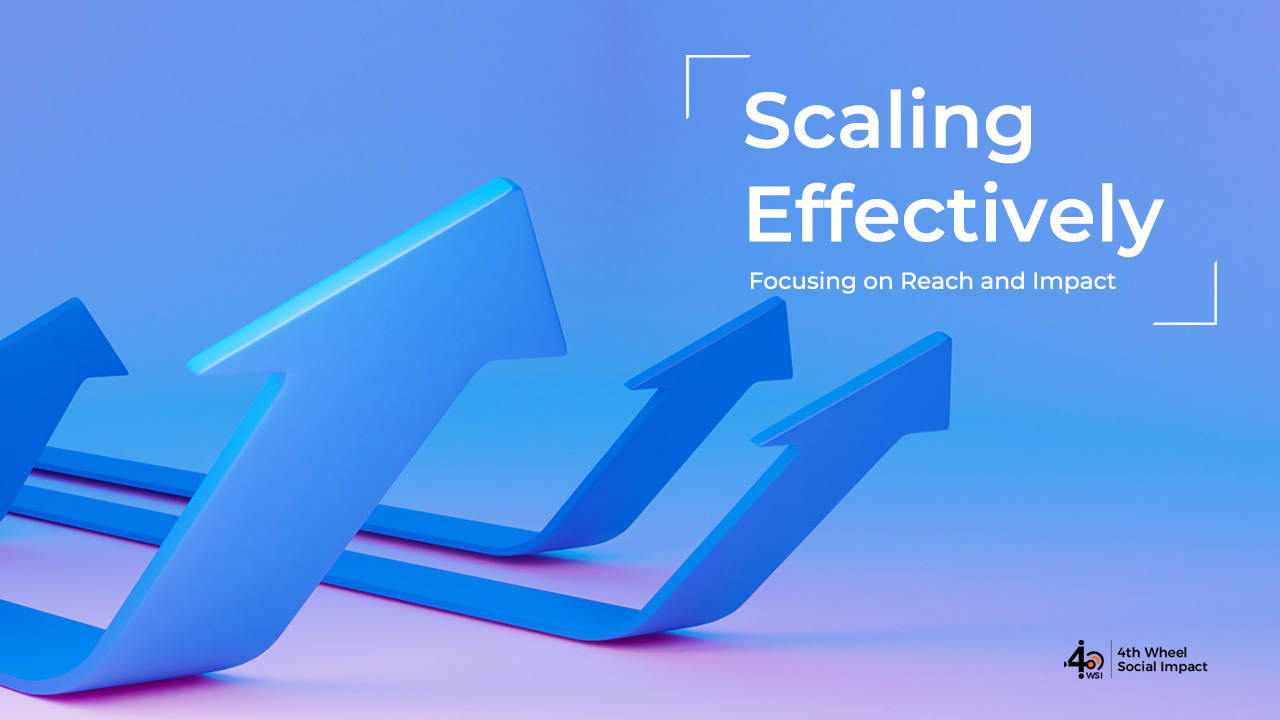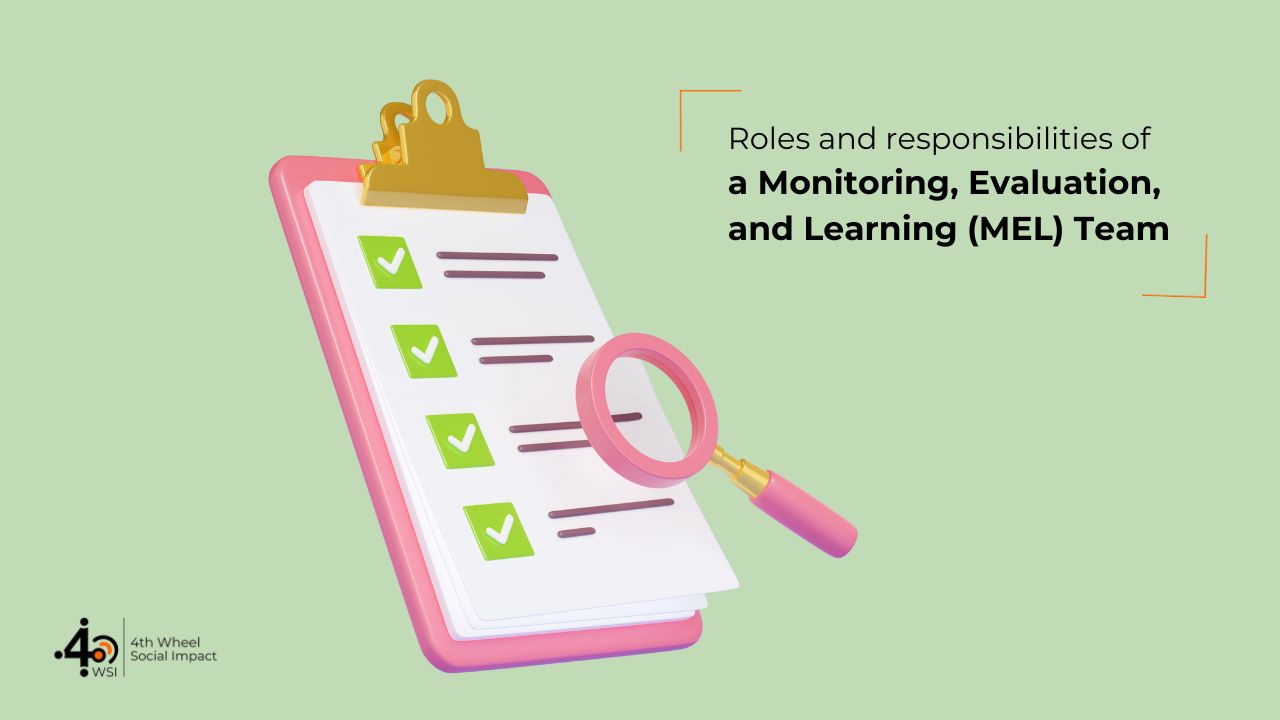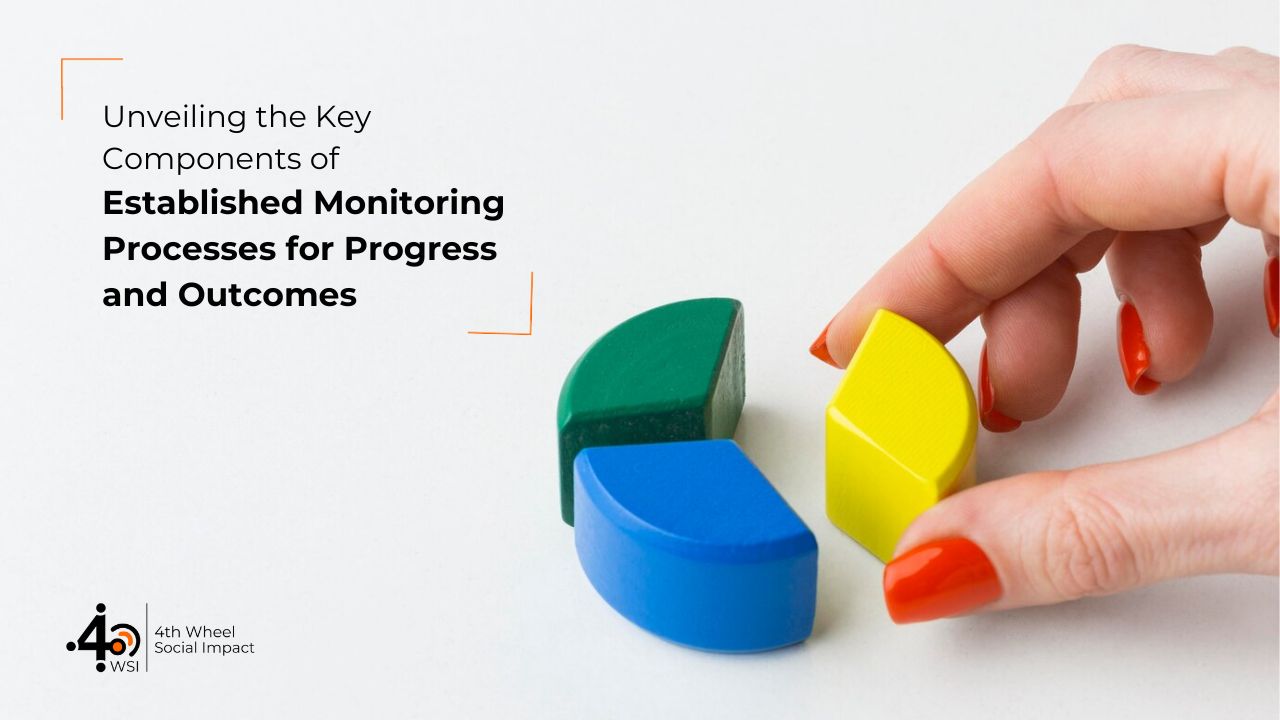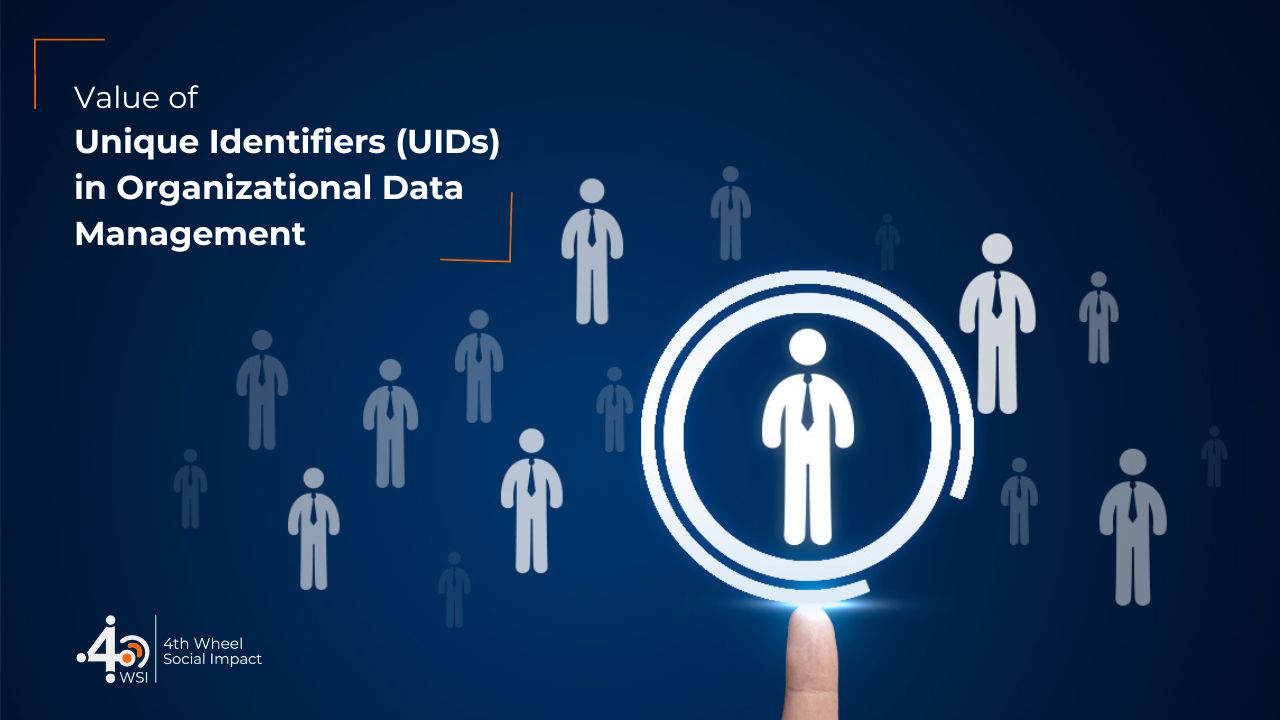We just got back from this year’s Development Dialogues, one of India’s most influential and popular social entrepreneurship conferences, hosted by the Deshpande Foundation in Hubli. ‘Scaling effectively’ was the theme of the conference and more than 500 delegates from across the development sector- global and national, attended the conference. The day and a half proceedings explored the dimensions of scaling social programmes within the Indian ecosystem. The event helped us better understand the mechanisms and issues related to scaling and we met inspiring and like-minded peers with whom we could take the discussion forward during networking sessions. In addition, there were several profound takeaways from attending the conference.
Firstly, we encountered that definitions of the ‘scaling’ concept are ambiguous. While ‘scaling out’ refers to making a programme or project bigger in terms of outreach, ‘scaling up’ refers to enlarging the impact of a successful initiative through alternate pathways. This can be done through an intra-organisational strategy by setting up new branches or increasing human and financial resources, by disseminating information and knowledge and making other players adopt the same solution, or by affiliating with partners to jointly reach a higher scale. The latter option was mentioned several times during the discussions. There was common agreement that the Government is a key player for organisations, projects, and ideas to achieve maximum reach and scale in India. Ways on how to approach the public sector and establish successful partnerships were broadly discussed.
Our second key learning referred to the high influence that organisational leadership has on programme success. Scaling requires a strong willingness by the management and implies giving away responsibilities. Strategies to ensure second-level leadership or partners are well trained and equipped to deliver programmes effectively should be a prime focus of organisations. Attending an interesting workshop on mindsets of NGOs that drive strategies to scale, we realised that 4th Wheel has a collaborative mindset.
Thirdly, we noted how applying impact assessment tools has not yet gained enough momentum in conversations of development in India. While mostly scale is showcased in terms of output and reach, only a few representatives elaborated on the issue of achieving and measuring outcomes to ensure the quality of impact.
This is where we could contribute most. Hence, whenever possible, we led the panel discussions towards more impact-oriented thoughts. Scaling effectively must go along with evidence that a programme works even when numbers increase. It is the need of the hour to establish monitoring and evaluation systems in project design, to ensure that we don’t lose quality along the way. Visiting the conference has given us new perspectives, built our network, and added value to our knowledge on implementing and evaluating social programmes. Kudos to the Deshpande Foundation for setting up such an interesting ecosystem in Hubli and emphasizing the importance of scaling up.
The status quo of today’s discourse on scaling motivates us to foster the discussion on impact through our solution-oriented workshops. Stay tuned for further updates!
This article is written by Tatjana Mauthofer, Consultant – Impact Evaluation at 4th Wheel Social Impact.




